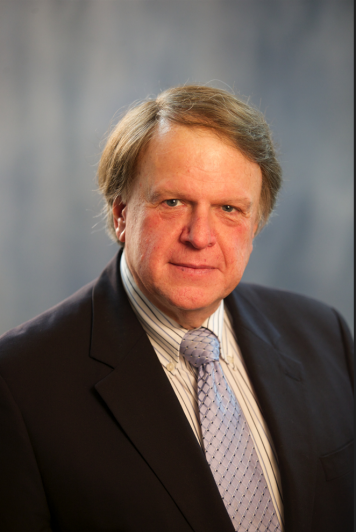Visitors
John S. Baras

John S. Baras is a Distinguished University Professor, holding the Lockheed Martin Chair in Systems Engineering and a Permanent Joint Appointment with the Institute for Systems Research (ISR) and the ECE Department at the University of Maryland College Park (UMD). He received his Ph.D. degree in Applied Mathematics from Harvard University, in 1973, and he has been with UMD since then. From 1985 to 1991, he was the Founding Director of the ISR. Since 1992, he has been the Director of the Maryland Center for Hybrid Networks (HYNET), which he co-founded. He is a Fellow of IEEE (Life), SIAM, AAAS, NAI, IFAC, AMS, AIAA, Member of the National Academy of Inventors (NAI) and a Foreign Member of the Royal Swedish Academy of Engineering Sciences (IVA). Major honors and awards include the 1980 George Axelby Award from the IEEE Control Systems Society, the 2006 Leonard Abraham Prize from the IEEE Communications Society, the 2017 IEEE Simon Ramo Medal, the 2017 AACC Richard E. Bellman Control Heritage Award, and the 2018 AIAA Aerospace Communications Award. In 2016 he was inducted in the University of Maryland A. J. Clark School of Engineering Innovation Hall of Fame. In June 2018 he was awarded a Doctorate Honoris Causa by his alma mater the National Technical University of Athens, Greece. His research interests include systems, control, optimization, autonomy, machine learning, artificial intelligence, communication networks, applied mathematics, signal processing and understanding, robotics, computing systems, formal methods and logic, network security and trust, systems biology, healthcare management, model-based systems engineering. He has been awarded twenty patents and honored with many awards as innovator and leader of economic development.
Date: Thursday, September 1, 16:00 h
Room: ETZ E 8
Title:
Trusted Autonomy: Theory and Applications
Abstract:
Autonomous systems (e.g. robots, cars, UAVs) are becoming ubiquitous. They are also increasingly interacting with humans. Safety is a critical and indispensable requirement for autonomous systems and for their interactions with humans. Trusted autonomy is essential for autonomy. It encompasses self-monitoring, self-adjustment, learning to accomplish safe and high-performance complex task execution in time varying, complex and unknown environments. I will describe our approach to these challenging problems via a methodology that utilizes dynamical systems, optimization, formal models (timed automata, model checking, contracts), and novel approaches to learning and monitoring. I will illustrate the results in diverse applications including teaching robots manipulation tasks, autonomous cars, human-robot collaboration, collaborative UAVs, communication network automation, health care management, smart manufacturing. A key ingredient of the methodology is the development of efficient formal models of tasks and missions and associated safety monitoring methods that combine timed automata and reachability analysis. I will also illustrate why such formal task models are indispensable in executing tasks by different robots, learned in different environments. Two fundamental and universally applicable methodologies will be described: one based on multi-criteria constrained optimization with numerical and logical variables, and one integrating formal logic with constraint-based reasoning and optimization methods. I will close with future research directions and challenges including the fundamental need for systems science and engineering methodologies and software tool suites.
The presentation can be downloaded as a Download PDF (PDF, 13.2 MB) or as a Download PowerPoint (PPTX, 331.4 MB).